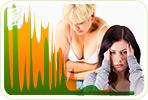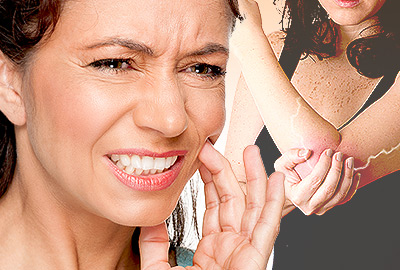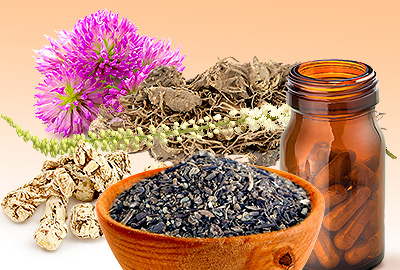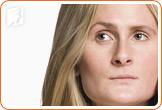
Menopause can cause some degree of discomfort and distress.Menopause, an unavoidable stage of a woman's life, is characterized by over 30 symptoms, all of which can cause some degree of discomfort and distress. Not everyone will experience the same symptoms of menopause or with the same severity. Some will be affected psychologically, and others physically. But what are these physical symptoms? Read on to have all your questions about physical symptoms answered.
The Physical Symptoms of Menopause
Many menopausal symptoms affect the body, and quite often these symptoms are the ones that cause the most amount of upset. Physical symptoms can often be difficult to manage, and therefore they can interrupt a daily routine and affect a woman's life. Below is a list of physical symptoms of menopause:
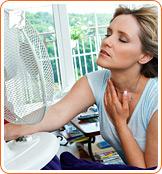
- Hot flashes
- Night sweats
- Irregular periods
- Vaginal dryness
- Hair loss
- Dizziness
- Weight gain
- Incontinence
- Bloating
- Allergies
- Brittle nails
- Changes in body odor
- Irregular heartbeat
- Breast pain
- Headaches
- Joint pain
- Electric shocks
- Digestive problems
- Gum problems
- Muscle tension
- Itchy skin
- Tingling sensations
- Osteoporosis
Which Ones Are More Common?
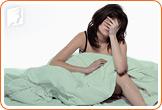
Night sweats are one of the 6 most common symptoms of menopause.As already mentioned, each woman will experience different symptoms. However, there are six symptoms that are much more common than the others. These are hot flashes, night sweats, irregular periods, loss of libido, vaginal dryness, and mood swings. However, physical symptoms aren't necessarily more common, it depends entirely on each women and their own hormone levels.
What Can I Do?
Fortunately, you can make changes to your lifestyle in order to avoid or seek relief from these symptoms. Since these symptoms arise during menopause because of imbalanced and declining hormone levels, the key to manage them is to try to rebalance these hormones. The lifestyle changes listed below are the best way to do this, because they are the least invasive and risk-free.Keep a healthy and well-balanced diet to treat hormone imbalance.

- Exercise for at least half an hour daily
- Add vitamins and minerals to your diet
- Practice yoga or meditation techniques
- Stay hydrated by drinking 8 to 10 glasses of water a day
- Avoid excessive consumption of caffeine and alcohol
- Sleep for 7 to 8 hours a night
More Information about Symptoms of Menopause
Knowing how to recognize and treat menopausal symptoms, will make this transitional phase a much smoother one.
Sources
- BMJ Group. "Menopause: What is it?" Patient Leaflet. 2007.
- Hopkins, Virginia. Lee, John R. M.D. What Your Doctor May Not Tell You About Menopause. New York: Warner Books Inc., 1996.
- Love, Susan M.D. Menopause and Hormone Book. New York: Three Rivers Press, 2003.
- Martin, Raquel. The Estrogen Alternative. Rochester, VT: Healing Arts Press, 2000.

